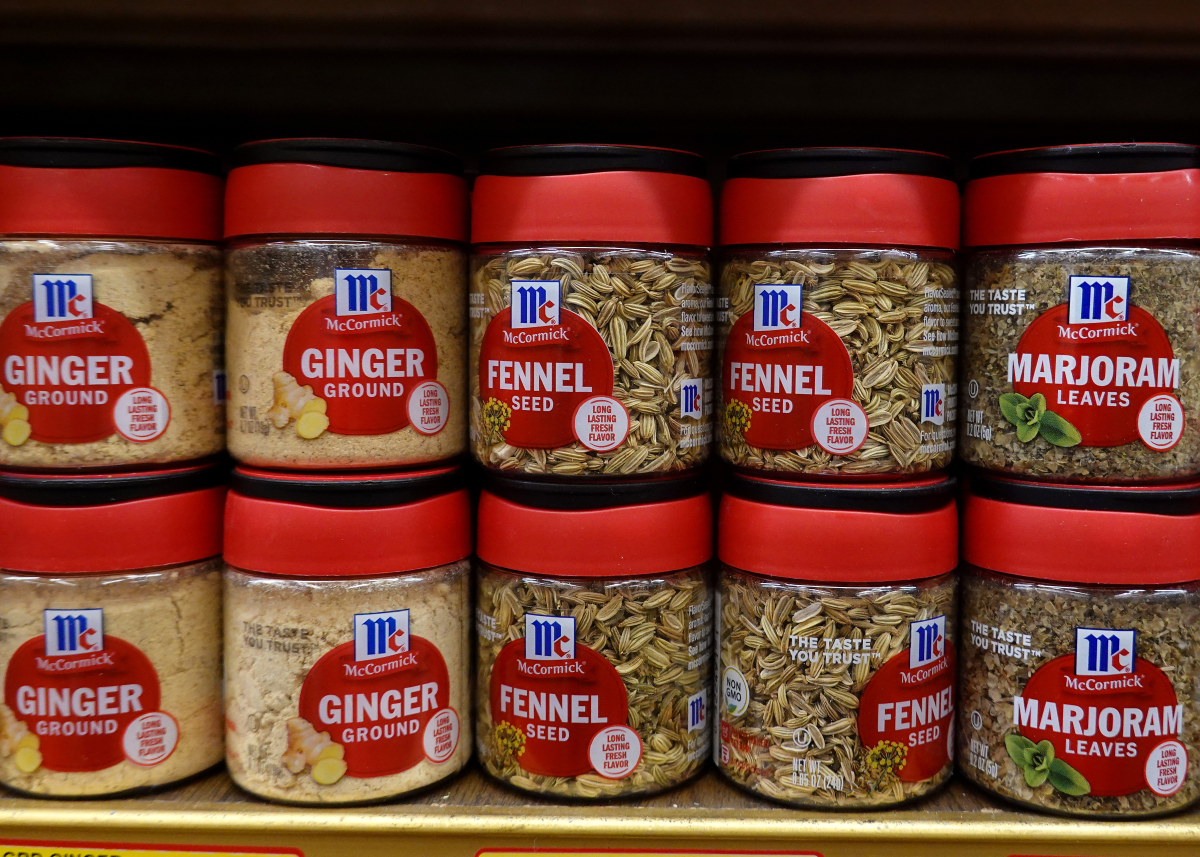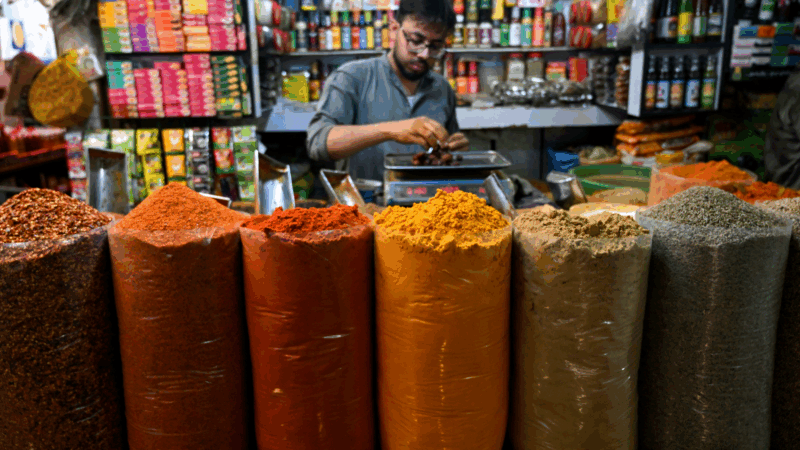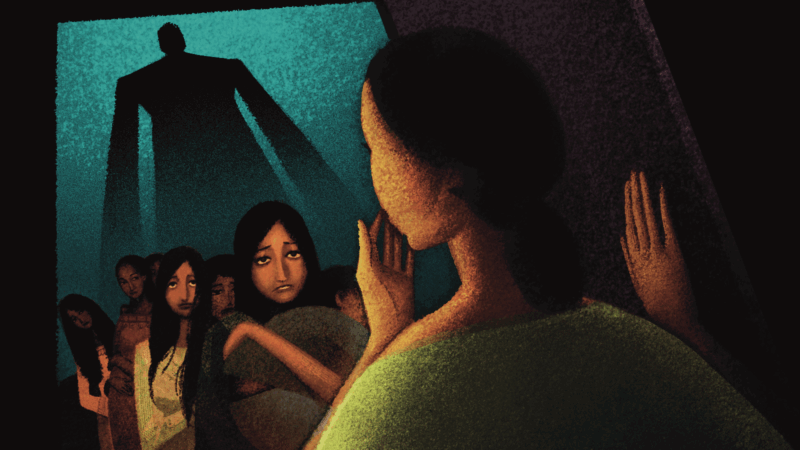Love pumpkin spice lattes? Learn some of its spicy history
Temperatures are cooling and the sun is setting earlier: Fall is on the way.
And with it, autumnal goodies like apple cider, pumpkin bread and those all-too-popular pumpkin spice lattes.
But before you take a sip of that cinnamony, nutmegy, clovey goodness, let’s dive into the history of the word “spicy” for this installment of Word of the Week.
According to the Oxford English Dictionary, the earliest evidence for “spicy” is from 1562, in the writings of William Turner, a naturalist and religious controversialist.
“For a long, long time, spicy meant exactly what it is supposed to be: that which is containing spice, or redolent of spice,” Anatoly Liberman, a linguist at the University of Minnesota.

But it was around the 19th century, that records show people started to use spicy in other less literal ways, he said. It can also refer to “racy” or “engagingly provocative” in reference to scandalous gossip or anything tantalizing.
“It’s smart. It’s stylish. It’s anything that has the impression of giving something sharp, poignant, interesting, out of the way, biting, whatever you want,” Liberman said.
A look at some “spicy” history
Spices have been traded for thousands of years, according to Michael Krondl, author of The Taste of Conquest: The Rise and Fall of the Three Great Cities of Spice.
Archeologists found peppercorns up the noses of ancient pharaohs and the Romans used to import huge amounts of black pepper for cooking from India and tons of cinnamon, which they would burn as an incense, he said.
Spices, like cinnamon, clove, pepper and ginger, “were always considered extremely exotic, and as a consequence, they were very highly valued,” Krondl said. They were also associated with holiness and exoticism.
“Medieval Europeans would think that dead saints would smell of spices. So that you would sniff the coffin of a saint and it would be redolent of cinnamon and cloves and nutmeg,” Krondl explained.

Spices, of course, were typically grown in tropical places like India, Africa and Southeast Asia, and far from the European aristocracy, who craved these spices, and were willing to pay high prices for them, he said.
And they were willing to travel far to get it.
Europeans sent famous explorers like Vasco da Gama and the mis-directed Christopher Columbus on journeys to find the original sources for spices and to bring back hundreds of pounds of the stuff.
The Dutch created the East India Trading Company in 1602 (which lasted until 1799) to profit from the spice trade. It evolved into a global company that relied on forced labor and slavery.
“Nobody needed spices, except for social capital,” Krondl said. “They were almost this arbitrary marker of wealth and privilege, and yet, the world was completely transformed through the trade in spices.”

How were spices used
Once in the hands of these wealthy Europeans they wouldn’t always use spices to add flavor to food or drinks (pumpkin spice lattes were several centuries from coming to fruition). They were believed to have healing properties.
“They were food and medicine simultaneously,” Krondl said, especially during the Middle Ages and the Renaissance.
If someone was ill, they could be given different kinds of spices depending on their personality or status, he explained.
As Liberman explained, around the 19th century “spicy” became a word to refer to anything that gives us a sharp or pronounced kind of response.
Looking back on this tasty history allows us to realize we are using these spices in many similar ways as the ancient times, Krondl said.
“We’re doing the same thing as the Romans,” Krondl said. “We’re heating up those spices in candles – instead of burning them on pyres to aromatize our rooms.”
Why supporting a shelter for women is now ‘kind of radioactive’
That's how researcher Beatriz Garcia Nice describes the new U.S. stance under the Trump administration to programs addressing gender-based violence.
Telehealth abortion is in the courts. Share your experience.
Mifepristone is facing another major legal challenge.
Israel launches new strikes in Tehran as public farewell for Khamenei begins
Israel's military said it had begun a "broad wave of strikes" in Tehran Wednesday morning. U.S. officials touted early gains, while Democrats warned the war could widen.
America has a housing affordability crisis. Building houses for rent can help
Developers are building more single-family houses for renting. That can lower prices for both renters and buyers.
As Paralympics approach, U.S. skier Sydney Peterson balances training and research
Sydney Peterson is among the U.S. athletes heading to the 2026 Winter Paralympics. A neuroscientist in training, Peterson is studying movement disorders, similar to her own condition.
ICE has spun a massive surveillance web. We talked to people caught in it
The Department of Homeland Security, which oversees ICE and Border Patrol, is using a broad web of surveillance tools — purchased as its budget has ballooned under this administration — to monitor, apprehend and intimidate the people it seeks to deport and the U.S. citizens critical of its policies.






